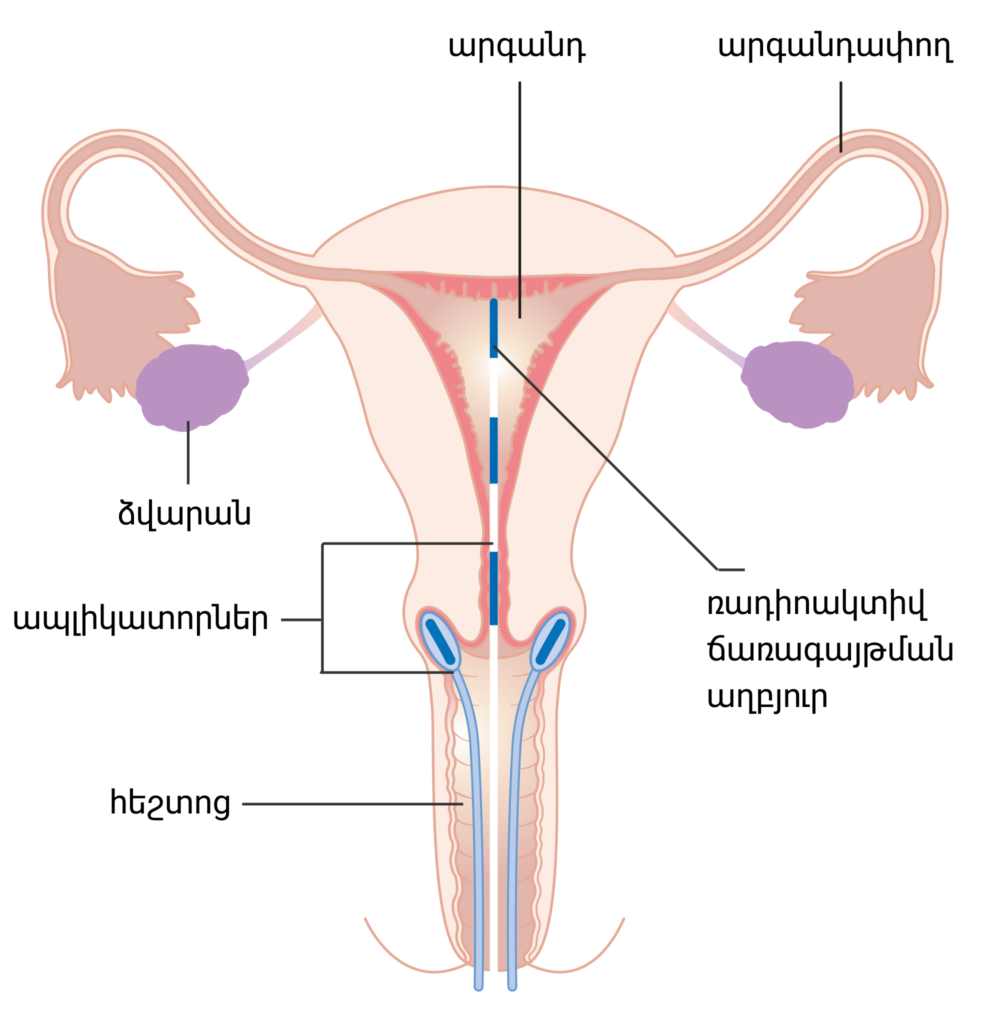Cervical Cancer Symptoms: Understanding the Signs – Cervical cancer is a significant health concern for women worldwide. Understanding its symptoms is crucial for early detection and treatment. In this article, we’ll delve into the various signs of cervical cancer and what they mean for your health.
Understanding Cervical Cancer

What is Cervical Cancer?
Cervical cancer develops in the cervix, the lower part of the uterus. It typically starts with abnormal cell changes caused by the human papillomavirus (HPV).
Risk Factors
Factors such as smoking, weakened immune system, multiple sexual partners, and a history of sexually transmitted infections increase the risk of developing cervical cancer.
Common Symptoms
Abnormal Vaginal Bleeding
One of the most common signs of cervical cancer is irregular bleeding, including bleeding between periods, after menopause, or after intercourse.
Pelvic Pain
Persistent pelvic pain, not related to menstruation or physical activity, could be a symptom of advanced cervical cancer.
Unusual Discharge
Foul-smelling or unusual vaginal discharge, sometimes mixed with blood, may indicate cervical cancer.
Pain During Intercourse
Experiencing pain during sexual intercourse can be a sign of cervical cancer, especially if it’s a new symptom.
Advanced Symptoms
Weight Loss
Unexplained weight loss, even without changes in diet or exercise, can be a late sign of cervical cancer.
Fatigue
Persistent fatigue or weakness that interferes with daily activities may indicate advanced cervical cancer.
Leg Pain or Swelling
Swelling or pain in one or both legs can occur when cervical cancer spreads to nearby lymph nodes.
Less Common Symptoms
Loss of Appetite
A sudden loss of appetite, coupled with unexplained weight loss, could be indicative of advanced cervical cancer.
Back Pain
Persistent back pain, unrelated to injury or physical exertion, may signal the spread of cervical cancer to the lower back or pelvis.
Urinary Problems
Cervical cancer can cause urinary symptoms such as pain during urination or blood in the urine.
When to See a Doctor
If you experience any of these symptoms, especially if they persist for more than two weeks, it’s essential to consult a healthcare professional promptly. Early detection improves treatment outcomes.
Diagnosis and Screening
Regular screenings, such as Pap smear tests and HPV tests, are crucial for detecting cervical cancer early when treatment is most effective.
Pap Smear Test
A Pap smear involves collecting cells from the cervix to check for abnormalities that could indicate the presence of cancerous or precancerous cells.
HPV Test
The HPV test detects the presence of high-risk HPV strains that can lead to cervical cancer.
Conclusion
Understanding the symptoms of cervical cancer is vital for early detection and treatment. If you experience any concerning symptoms, don’t hesitate to seek medical attention. Regular screenings are key to preventing cervical cancer or catching it in its early stages when treatment is most successful.
FAQs
- How common is cervical cancer?
- Cervical cancer is the fourth most common cancer in women worldwide, but it’s preventable with regular screenings.
- At what age should I start getting screened for cervical cancer?
- Most healthcare organizations recommend starting Pap smear screenings at age 21.
- Can cervical cancer be cured if detected early?
- Yes, cervical cancer is highly treatable when detected early through screenings like Pap smears.
- Is HPV vaccination effective in preventing cervical cancer?
- Yes, HPV vaccination significantly reduces the risk of developing cervical cancer.
- What if I experience symptoms but my Pap smear results are normal?
- It’s essential to discuss any symptoms with your healthcare provider, as additional testing may be needed.



